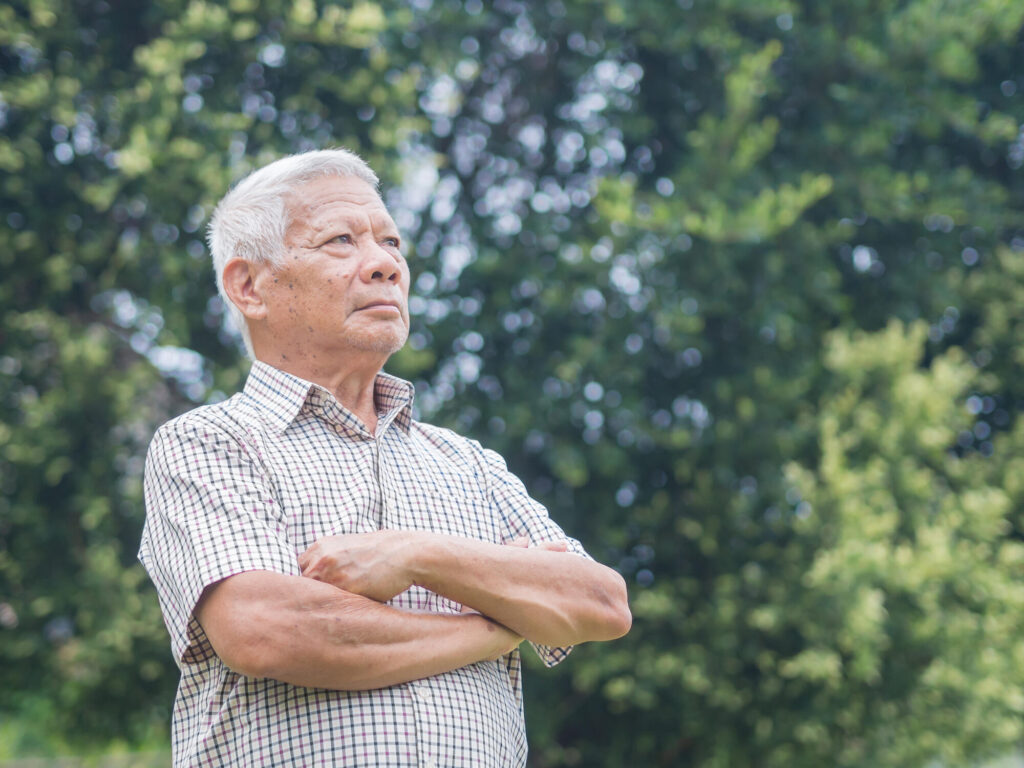Have you ever felt your mind racing or your body tense, wishing for a moment of peace?
As we age, daily life can bring new challenges and stress that affect both body and mind. Finding simple ways to stay grounded can help restore calm, clarity, and balance. From mindful breathing to connecting with nature, small daily practices can make a big difference.
This article offers practical grounding methods designed to help aging adults feel more centered and at ease in their everyday lives.
Mindful Breathing
Mindful breathing helps seniors focus on the present moment. Taking slow, deep breaths can ease tension in the body. This practice supports a calmer mind and a sense of balance.
Regular mindful breathing can improve concentration and reduce anxiety. It allows seniors to connect with their body and emotions. Practicing daily can create a reliable way to find calm during stressful moments.
Gentle Movement
Gentle movement, like walking or stretching, keeps the body active. These movements increase circulation and release muscle tension. Seniors can feel more connected to their physical presence through simple exercises.
Slow, mindful movements help maintain flexibility and mobility. Stretching or chair yoga can be done safely at home. These practices also promote relaxation and reduce mental stress.
Nature Connection
Spending time in nature helps seniors feel grounded and peaceful. Listening to birds or feeling the sun can improve mood. Nature encourages mindfulness and a sense of presence.
Walking in a park or tending to a garden connects the senses to the environment. Observing plants, flowers, or trees can calm racing thoughts. Regular nature time nurtures both mental and emotional well-being.
Sensory Grounding
Focusing on the senses can help seniors stay in the present moment. Touching soft fabrics or holding a smooth object can anchor attention. Smelling calming scents can enhance relaxation and comfort.
Engaging the senses brings awareness to the current experience. This practice can reduce anxiety and feelings of overwhelm. Sensory grounding encourages a mindful connection to everyday life.
Journaling and Reflection
Journaling allows seniors to express their thoughts and emotions safely. Writing daily can release stress and clarify feelings. It also encourages reflection on positive experiences.
Reflection through journaling helps identify patterns and triggers of stress. Gratitude lists or simple notes about daily life can boost mood. Consistent writing strengthens self-awareness and emotional resilience.
Self-Soothing and Emotional Grounding
Sometimes you need to comfort yourself through difficult emotions. Practice kind self-talk, like “This feeling will pass” or “I am safe right now.” Using grounding techniques can also help seniors stay emotionally present by giving them practical ways to manage feelings and stay connected to the moment.
Consider creating a “grounding box” filled with items that bring you comfort. This might include favorite photos, a soft blanket, calming music, or small textured objects. Having these comforting items within reach makes it easier to practice grounding when you need it most.
Find Your Calm and Stay Rooted in the Moment
Finding moments of calm in our daily lives is more important than ever as we grow older. Simple practices like mindful breathing or connecting with nature can create a sense of stability and peace. When we take time to ground ourselves, we nurture both our body and mind in a gentle way.
Inner calm is not just a luxury but a choice we can make each day. Embracing grounding practices allows us to move through life with more ease and presence.
Was this article helpful to you? If so, make sure to check out our blog for more useful information and resources.






